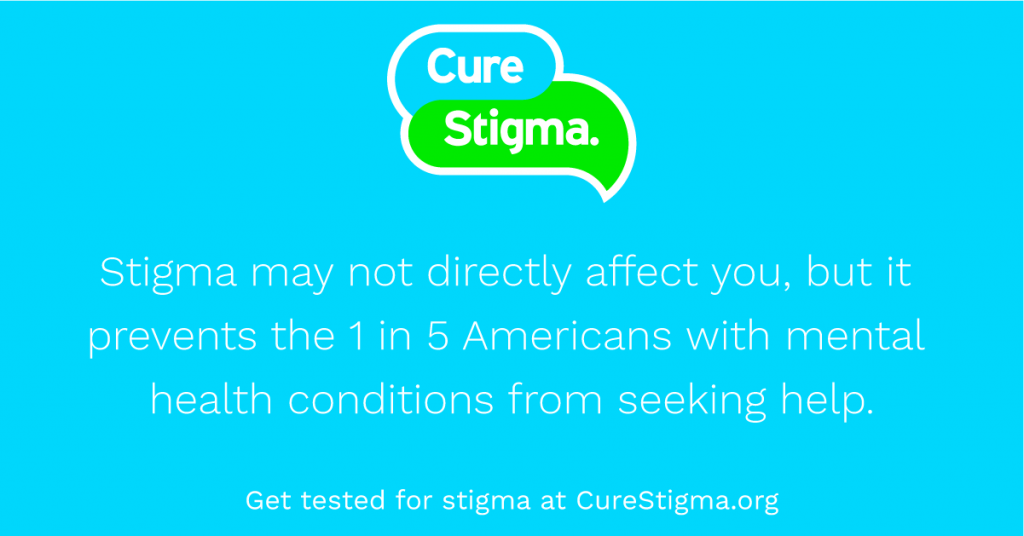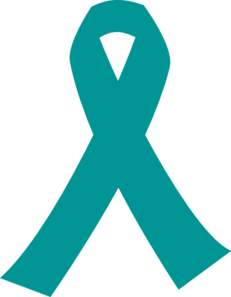Last Updated on February 6, 2020
May has been observed as Mental Health Month since 1949 . One in five Americans are affected by a mental health condition in their lifetime—as many as 43.8 million—and everyone is impacted through family or loved ones. A main objective of mental health awareness is to fight the stigma surrounding those living with sometimes serious conditions through education and support and to improve the chance of recovery for those in need.
Everyone has stress and difficult emotions on occasion, and this is completely normal. Mental illness, however, is any condition that makes it difficult to function in daily life. It can affect relationships or job performance, and is caused by any number of complex interactions within the human brain. Mental illness can range from anxiety or mood disorders like depression, psychotic disorders like schizophrenia, eating disorders, or addictive behaviors.
Mental illness is prevalent in homeless populations, with approximately 26% of adults staying in shelters living with serious mental health conditions and an estimated 46% with co-occurring severe mental illness and/or chronic substance abuse. One in five state prisoners have a recent history of mental illness. Mental health is a major concern for LGBT individuals often dealing with physical or emotional abuse, body dysmorphia, or feeling unsafe at school or work. Mood disorders such as depression or bipolar disorder are the third most common cause of hospitalizations in the U.S. across ages 18-44. Serious mental illness costs America $193.2 billion in lost earnings per year.
Earlier this year we wrote about Kansas’ approved Medicaid work requirement waiver and the impact work requirements may have on Medicaid recipients. Since then Indiana, Arkansas, and New Hampshire have also had work requirements for those receiving Medicaid benefits approved and Michigan is considering implementing them as well. The growing concern is that people who work could potentially lose Medicaid coverage by not meeting the specific requirements set differently in each state or by getting lost in administrative obstacles to verifying work status or documenting exemption. Work requirement exemptions are based on “medical frailty,” which is defined differently state-to-state and does not always include mental illness in their consideration of frailty. Many mental illnesses can be accompanied by cognitive difficulties affecting executive function, processing speed, and ability to collaborate and communicate which can impact a person’s ability to navigate the complex bureaucratic systems necessary to verify their work status or exemption.
NeedyMeds has Diagnosis Information Pages for various mental illnesses including depression, obsessive-compulsive disorder, and schizophrenia. We also have information for over 5,000 free, low-cost, or sliding-scale clinics throughout the country that offer counseling or mental health services. Search your ZIP Code for mental health clinics near you, or call our toll-free helpline for information at 1-800-503-6897 (open Monday through Friday, 9am to 5pm ET).
We encourage everyone to educate themselves, strive to understand the difficulties people around us live with, and to replace stigma with hope and support. If you or someone you know is suffering from a mental health condition, it is important to know that no one is alone in their struggle. Call for assistance, whether help is needed immediately or long-term.
National Suicide Prevention Lifeline: 1-800-273-TALK (8255)
NeedyMeds Toll-Free Helpline: 1-800-503-6897







1 Comment